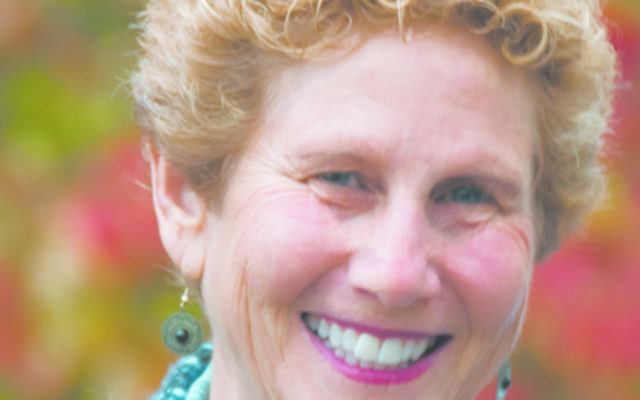Incorporating Mindfulness Into Your Life
By Nancy Kriseman
In the meshuggeneh world we live in, it’s no wonder that many of us feel like we are on a treadmill. Our interactions, relationships and lives are increasingly complicated, interconnected and complex. Plus, we receive constant messages from work, family and society pushing us to do more.
All of that can cause us to be our own worst enemy by striving to become better — better parents, better siblings, better spouses and better caregivers. The result is that we can end up believing that we are never doing enough.
There are many reasons for stress in our lives, including being a caregiver. In my 30-plus years as a clinical social worker with family caregivers, I have seen the devastating impact of burning the candle on both ends. Yet when I ask my clients why they don’t take care of themselves, they typically respond: “How can I take care of myself when I can barely take care of my family and everything else in my life? There is no time for me!”
Seeing so much distress compelled me to help my clients get in the habit of self-care. For many of them, it was not an option but a necessity.
Stress is an inevitable and natural part of life. When we are overly stressed, we can get overwhelmed and disconnected from ourselves. Learning how to lessen the stress in our lives is essential to positive well-being. Mindfulness is a practice that can be used to lessen stress and promote self-care.
What is exciting about practicing mindfulness is that everyone can use this approach without a heavy time commitment. Research has determined that 30 minutes a day of mindfulness practice can help lower blood pressure, reduce anxiety, and re-energize your mind, body and spirit.
So what is mindfulness? Mindfulness is an approach that encourages us to be aware of the present moment while recognizing and accepting all our feelings, the good and not so good. It teaches us to tune into our physical bodies as a way to get in touch with our feelings.
One of the blessings of mindfulness is that it can help you learn to slow down, become quiet and focus on the present. It can calm what the Buddhists call “monkey mind.” Monkey mind refers to internal dialogue and chatter inside your head. Identifying the best ways to quiet your monkey mind will be critical to decreasing stress and applying mindfulness into your life.
So why practice mindfulness? The benefits are many. It fosters self-awareness and balance and encourages us to be more compassionate, nonjudgmental, patient, kind and gentle toward ourselves and others.
Mindfulness can also help us nurture our spirit, which is the essence of who we are. When our spirit is filled, we often feel joyful, calm, nurtured and loved. When our spirit is depleted or neglected, we can feel angry, tired, depressed and sad.
One of the most common ways to practice mindfulness is through meditation. Meditation teaches you to focus on your body by listening to your breathing and heartbeat. It helps you calm your spirit so that you can relax.
Traditional meditation was born out of Buddhist and Zen religious and philosophical teachings, but other ways to practice meditation are less formal and traditional. For example, try carving out five to 10 minutes for yourself throughout the day. See if you can sit quietly and take three or more deep breaths. This is a way to slow your heart rate and tune in to your body.
If sitting still is difficult, try to find other ways to clear your mind and connect to your heart. Consider engaging in one of your favorite activities: walking through the woods, gardening, fishing on a quiet river, swimming, running, listening to soothing music, taking a relaxing bath, engaging in prayer, drumming, or singing. All are wonderful ways to calm the mind and soothe your spirit.
It doesn’t matter how you choose to practice mindfulness. It only matters that you choose to make a commitment to self-care. Remember, you matter.
Nancy Kriseman is the author of “The Mindful Caregiver” and a licensed clinical social worker who specializes in working with older people and their families. Visit www.nancykriseman.com or follow her on Twitter (@GeriatricMSW).




comments